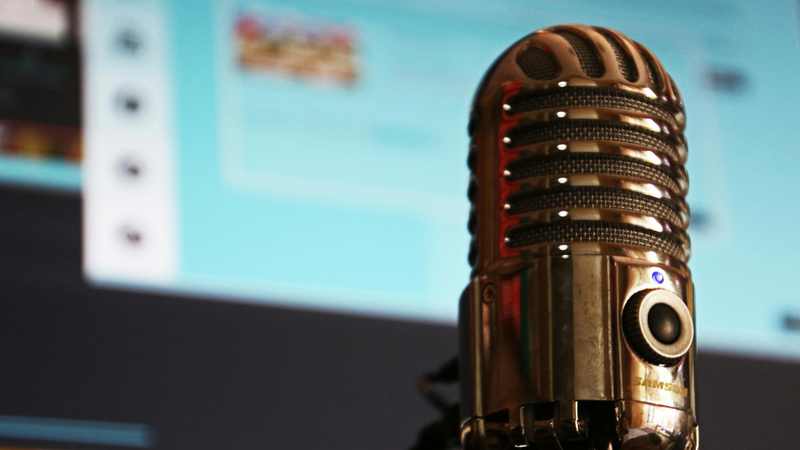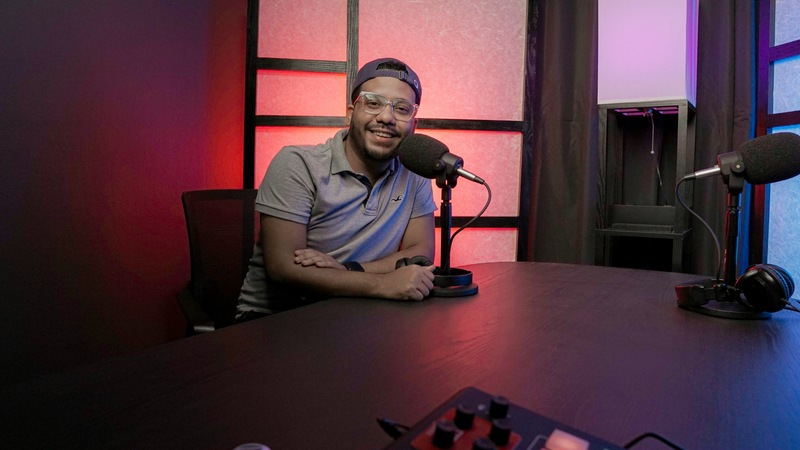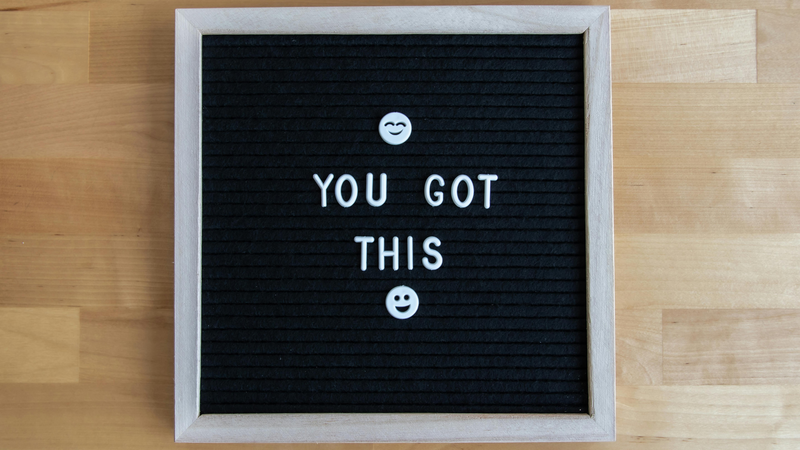1. Get ready without over-preparing
You’ve heard the saying, “Less is more,” right? That’s especially true here. You don’t need to memorize a script or have an entire speech planned out. In fact, podcasts work best when they feel natural like a conversation.
Practical ways to prepare
Focus on key points: Write down just a few important ideas. You don’t need to know everything. Just the basics you want to cover.
Talk it out: Practice talking through your points, but keep it casual. You want to sound like yourself and not like you’re reading.
Listen to the podcast: Grab a couple of episodes of the show you’ll be on. It helps to know how the host talks and how the conversation usually flows.
You’re setting yourself up for success without going overboard. It’s finding that balance where you feel prepared but not weighed down by too much info.
2. Use your nerves as fuel
Let’s flip the script on nerves. Instead of fighting the anxious energy, use it to your advantage. The best performers get nervous, and that energy is what keeps them sharp.
Turn nerves into positive energy
Switch nervous to excited: You’re not really anxious… you’re excited to share something cool. It’s all in how you see it.
Take deep breaths: Before recording, breathe deep. It’ll slow down your heart and make you feel more in control.
Move a little: If your nerves feel overwhelming, try standing or even pacing a bit while you talk. Movement helps release some of that tension.
It’s amazing how different you’ll feel once you stop seeing nerves as the enemy. A little bit of excitement can keep you on your toes in a good way.
3. Don’t stress about mistakes (they happen)
Mistakes are okay. Podcast listeners are used to hearing small slip-ups, and honestly? It makes you sound human. Plus, podcasts are edited, so most of your mistakes will never make it to the final cut.
How to handle mistakes on a podcast
Laugh it off: If you mess up, don’t sweat it. Make a joke or acknowledge it, and move on. No big deal.
Remember, podcasts aren’t live: You can always redo a sentence or pause to gather your thoughts. The host is on your side.
Being perfect is overrated. What people really connect with is authenticity. If you flub a line or lose your train of thought, own it. The listeners will appreciate your realness.
4. Break it down into smaller chunks
Don’t think of a podcast as one huge conversation. Break it down into bite-sized pieces. Focus on each question or topic one at a time instead of worrying about the whole thing at once.
Take it step by step
One question at a time: You don’t have to know everything. Just focus on what’s being asked right now.
Pauses are okay: If you need a second to gather your thoughts, take it. Pauses can make you sound more thoughtful, not rushed.
When you break things down, it becomes so much easier to handle. You’re just having a conversation, not giving a speech.





